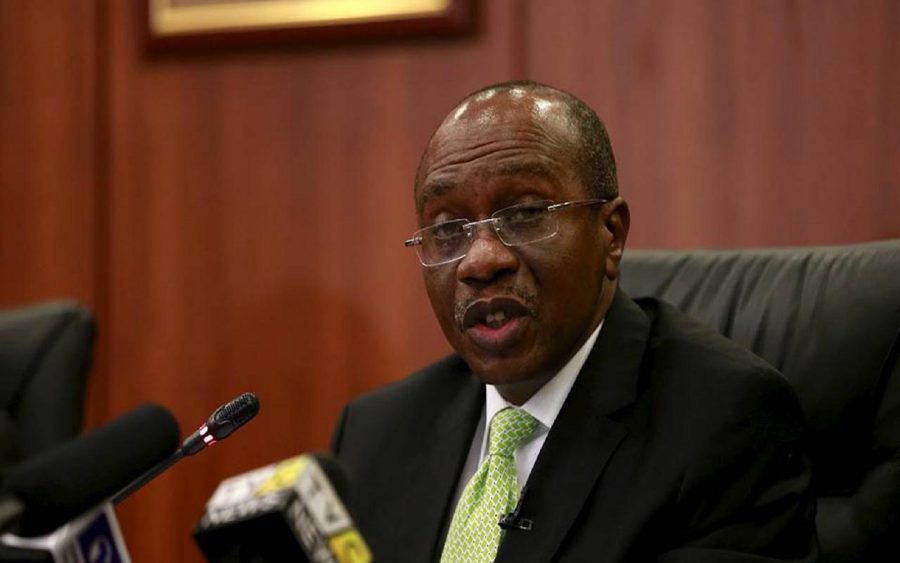The Monetary Policy Committee (MPC) of the Central Bank of Nigeria (CBN) has kept the Monetary Policy Rate (MPR) constant at 13.50%. Also, other parameters such as Credit Reserve Ration (CRR), Liquidity ratio, and asymmetric corridor were equally held constant.
The Governor of CBN, Mr. Godwin Emefiele, read the communique at the end of the two-day MPC meeting on Tuesday in Abuja. According to Emefiele, the decision of the MPC to hold all rates was informed by the conviction of members that key macroeconomic indicators are trending in the right direction. Recall that Nairamterics had predicted MPR to leave all rates unchanged.
Highlights of Committee’s decision
- MPR was kept at 13.50%
- The asymmetric corridor of +200/-500 basis points around the MPR was retained.
- CRR was held at 22.5%
- The Liquidity Ratio was also kept at 30%
Reasons for MPC’s decision: While considering decisions to either alter rates or keep them constant, the committee noted that there is a need to boost output growth through a sustained increase in consumer credit, mortgage loans and granting loans to Small and Medium Enterprises companies.
To this effect, in determining the specific policy options to adopt; to hold, loosen or tighten, the MPC made the following observations:
- The committee noted that whilst the focus on growth was imperative, the mandate of price stability remains sacrosanct
- MPC emphasised the fact that inflation is moderating, and this means the tightening of monetary policy should not be an option at this time. The MPC further explained that restriction of the capacity of the DMBs to create money could curtail their credit creation capabilities.
- On the contrary, the MPC was of the view that, whilst loosening could increase the money supply, stimulate aggregate demand and strengthen domestic production.
- However, the committee stated that the economy could be awash with liquidity especially if loosening drives growth in consumer credit without commensurate adjustment in aggregate output.
[READ: CBN’s decision to force bank lending is crushing banking stocks]
Keeping Rates Constant: On holding the current policy rate, the MPC observed that given the recent actions of the Bank’s management involving the prescription of minimum lending thresholds by the deposit money banks (DMBs), it is safe to assume that this action, targeted at stimulating credit growth to the real sector would increase credit delivery to the real sector and accelerate investment and economic growth.
- It also observed that since interest rates were currently trending downwards, it is safer to await the full impact of these policy actions on the economy before a review of the
position of monetary policy. - Meanwhile, to mitigate credit risk, the Committee enjoined the CBN to de-risk the financial markets, via the development of a reliable credit scoring system, similar to what applies in the advanced countries as this will encourage DMBs to safely grow their credit portfolios.
Nigeria’s economic outlook: The MPC stated that the overall medium-term outlook for the global economy remains mixed. According to the MPC, this shows an indication of continued softening of global output due to persisting policy uncertainties and sustained macroeconomic vulnerabilities.
- On Nigeria’s economy, it was stated that output growth in 2019 is expected to remain weak, peaking at 2.27%, while inflation is projected at 11.37%.
- The MPC indicated that the underlying arguments in favour of the growth forecast include favourable oil prices; stable exchange rate; moderate inflationary pressures and enhanced flow of credit to the private sector
- Other factors include sustained CBN interventions in the real sector; effective implementation of the Economic Recovery and Growth Plan (ERGP); building fiscal buffers; and improved security in the food-producing areas of the country.
[READ: Experts differ on possible rates cut as CBN holds MPC meeting]



















